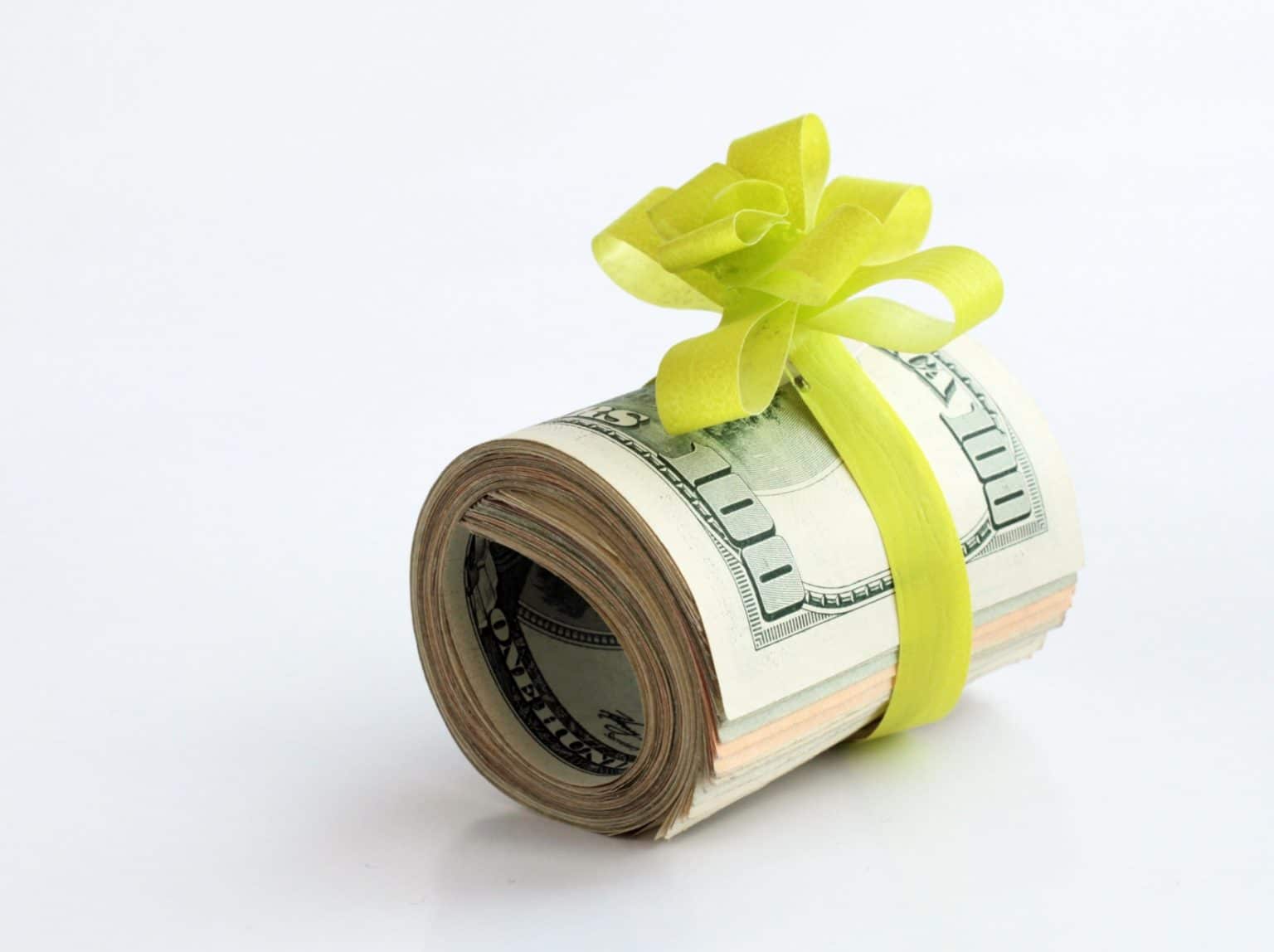This is a guest post by Lukas Ross from Friends of the Earth.
The champagne corks could be heard from the American Petroleum Institute on Tuesday night, as Paul Ryan announced that Big Oil’s number one priority would indeed make it into a year-end bargain on taxes and spending.
The lifting of the crude oil export ban, sought by the oil lobby, the GOP and more than a few Democrats, is a major win for the industry. The measure could mean $170 billion in new revenue for oil producers over the next decade, as companies are able to push domestic crude onto the global market where it fetches a higher price.
Needless to say, coming only three days after a climate agreement in Paris, this announcement raised a few eyebrows. If Paris was the moment the world began to accept that fossil fuels need to stay in the ground, then lifting the ban is leaping in the wrong direction to the tune of 3.3 million new barrels of production per day between now and 2035.
One study suggests that in emissions terms, scrapping the ban could mean the carbon equivalent of 135 coal-fired power plants over the next 20 years.
In other words, this is a deal that puts more money in Big Oil’s pocket and more carbon in the atmosphere. Somehow, the White House agreed to it only three days after the historic climate agreement in Paris.
Adding insult to injury, the spending deal doesn’t just lift the ban—it creates a whole new subsidy that is expected to send over $1.8 billion to oil refiners over the next six years. The logic is that as domestic oil is sold for a higher profit on the global market, some refiners are going to see their margins shrink as crude itself becomes more expensive.
Keep in mind that many refiners have actually benefitted from the crash in oil prices, and stand to lose if exports can relieve the supply glut.
The Congressional solution: Make sure that oil interests across the board benefit from the deal by allowing independent refiners—companies that refine oil but that don’t drill for it—to exclude a large portion of their oil transportation expenses from their income. This maneuver is going to cost taxpayers $119 million in 2016 alone.
Theoretically this perk is going to expire in 2021, but after a subsidy like this is on the books it is notoriously difficult to remove. This new giveaway for refiners is still in addition to the whopping $135 billion worth of subsidies that oil, gas and coal are expected to rake in over the next 10 years through other tax breaks, accounting gimmicks and giveaway leasing rules.
The whole sprawling, $1.6 trillion package was negotiated in secret between the White House and Congressional leaders, so it isn’t entirely clear who is responsible for sending refiners their newest subsidy. Nevertheless, an educated guess would be Senator Tom Carper (D-Del.), who spent a lot of last week insisting that any deal lifting the ban needed to include protections for domestic refiners. Unsurprisingly, his small state has a big refinery in it.
So this holiday season, Big Oil seems to have gotten a victory with its victory. The only losers in sight: Taxpayers and the overwhelming planetary importance of keeping fossil fuels in the ground.
Image credit: Gift of money, via Shutterstock.
Subscribe to our newsletter
Stay up to date with DeSmog news and alerts







